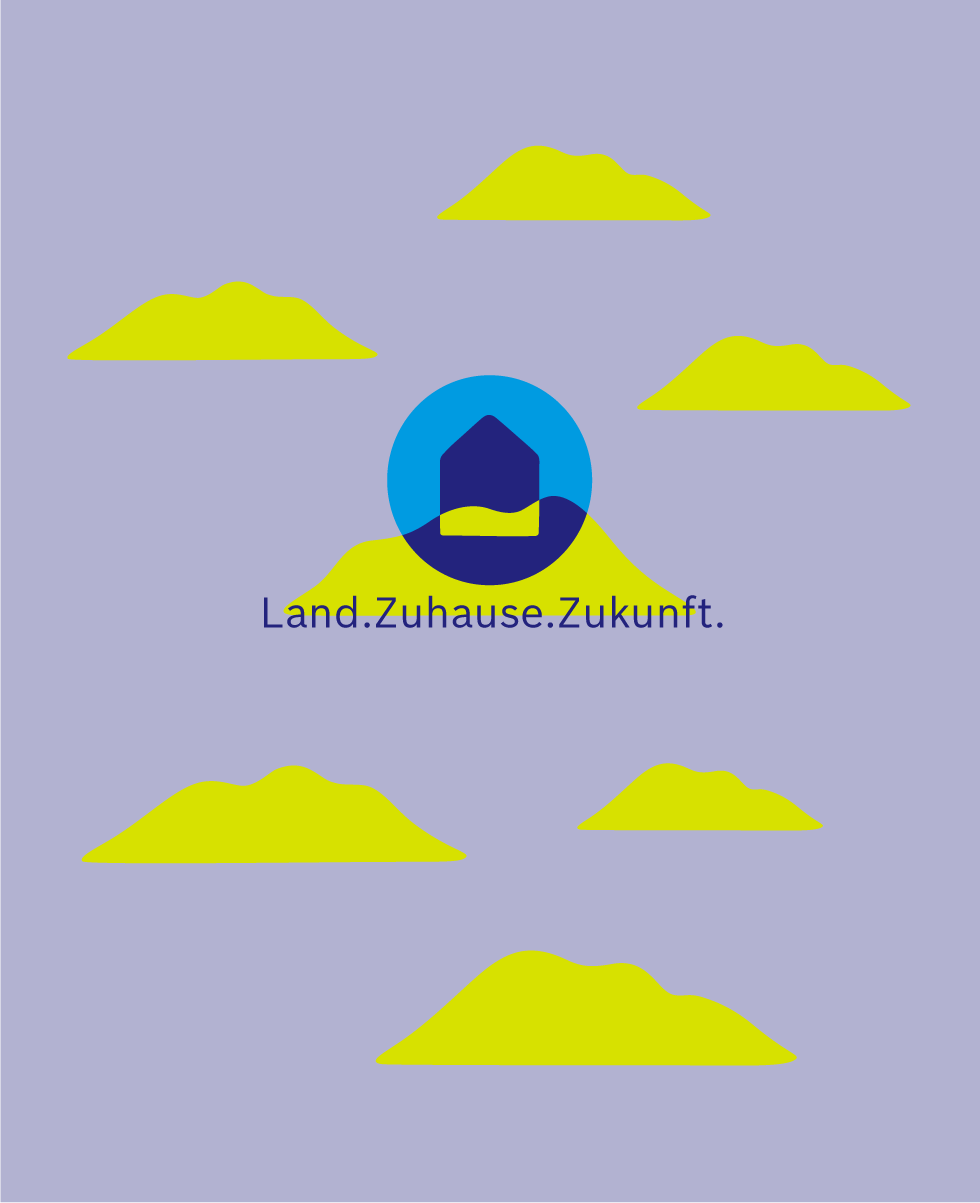Why are we running this project?
People develop place attachment by getting involved in whatever happens in their community. Many rural communities have identified immigration as well as the integration and participation of migrants as key issues of the future. In view of demographic change, the development of these communities often depends on strengthening the sense of belonging among people who have been living in the region for some time and on attracting and retaining new residents. Many communities in rural areas also want to integrate refugees in the long term. Sustainable strategies and concepts, local partnerships between politics, administration, civil society, migrants, and businesses, as well as political and social conditions that foster such processes are needed to ensure the successful integration and participation of newcomers.
What are the project goals?
With the “Land.Zuhause.Zukunft – Integration und Teilhabe von Neuzuwanderern in ländlichen Räumen” program, the Robert Bosch Stiftung supports counties and their diverse stakeholders in (further) developing innovative and viable approaches for the integration and participation of newcomers to rural areas. The program also includes the exchange of knowledge between different groups of stakeholders and the development of recommendations for action in policy and practice.
How does the project work?
In the second program phase (2020-2021), 10 new counties were included in the consulting project. The stakeholders from these counties are experts in their communities’ topics and have access to a variety of resources which help foster integration and participation. At the same time, they are supported by external consultants in the needs-based and process-oriented handling of specific integration and participation challenges or in the implementation of innovative ideas. Our consulting partners are Ramboll Management Consulting and Kompetus Management Consulting.
An additional goal of the program is to connect county stakeholders with one another as well as with other stakeholder groups in supra-regional networks through various formats, in order to address issues of migration, integration, and diversity in rural areas. To this end staff of the program office provide virtual networking platforms, organize events and allocate additional funding for theme-oriented educational travel both in Germany and abroad. Furthermore, the “Land.Zuhause.Zukunft” program serves as a platform to share local project findings and experiences with the general public, other communities, as well as state and federal policymakers.
Who organizes and supports the project?
The Robert Bosch Stiftung supports the program in cooperation with the University of Hildesheim, where the program office is based.
Background information
Between March and July 2017, the Robert Bosch Stiftung compiled a needs analysis on the integration of refugees in rural regions as an initial exploration into the topic, and laid the groundwork to derive recommendations and approaches for a support program. The following counties took part in the subsequent pilot phase of the “Land.Zuhause.Zukunft” program beginning in January 2018: Coburg (Bavaria), Goslar (Lower Saxony), Harz (Saxony-Anhalt), Ludwigslust-Parchim (Mecklenburg-Western Pomerania), Prignitz (Brandenburg), and Vogtlandkreis (Saxony). Until mid-2019, these counties developed different concepts in various subject areas. In 2020, the Robert Bosch Stiftung, in cooperation with the University of Hildesheim, incorporated additional counties into the “Land.Zuhause.Zukunft” project and developed the program further based on the experience gathered during the pilot phase.


